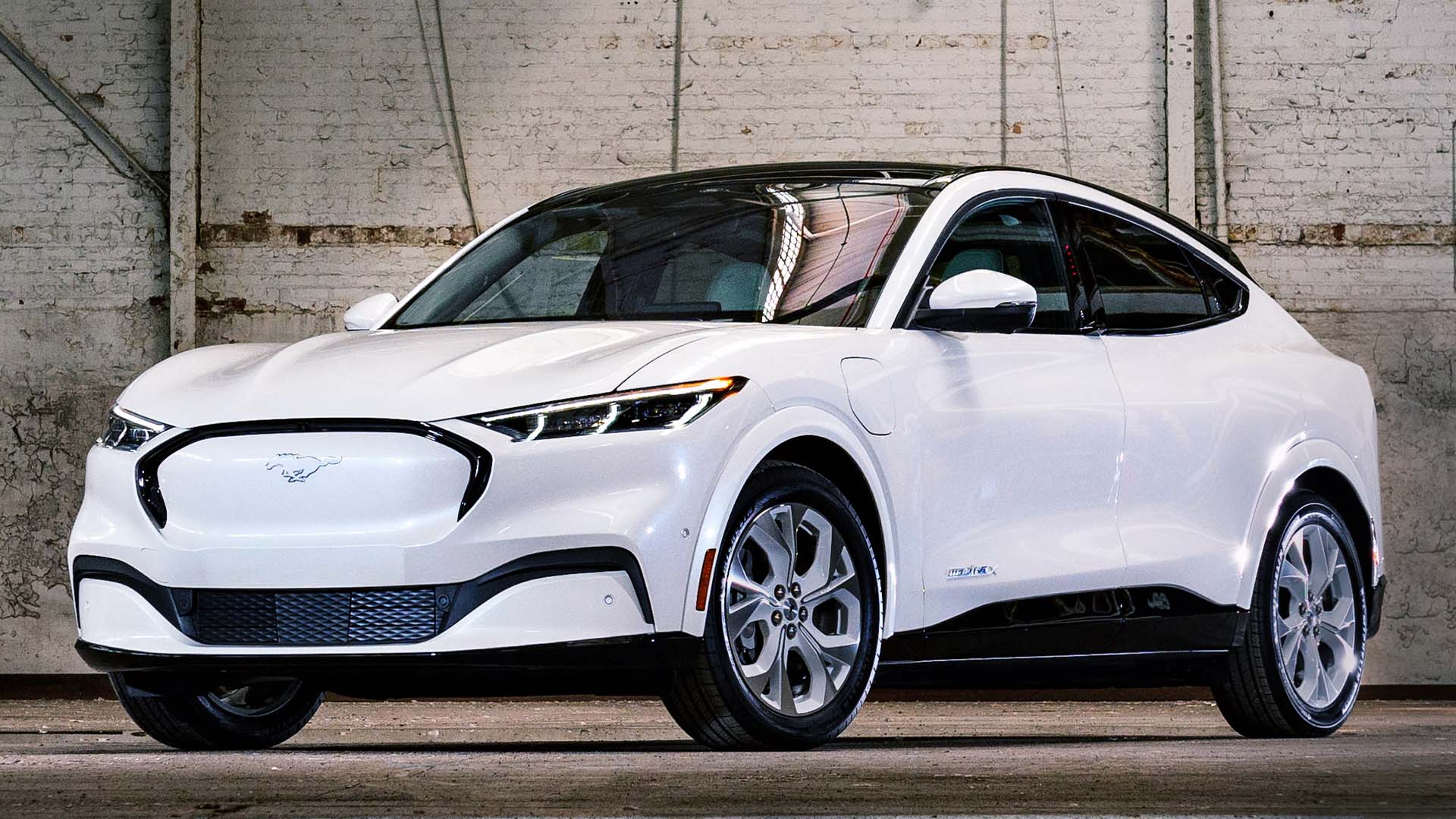

The Russian invasion of Ukraine has now entered its third week, and supply chain effects have already cascaded across many industries with financial implications well into the billions of dollars. Consumers have already seen effects, of course, from gas prices to electric vehicle sticker shock, but suppliers are facing similar woes as prices for crucial metals and alloys required for auto production skyrocket. The latest problem for most automakers is nickel, though Ford might come out ahead thanks to some strategic pricing arrangements.
Nickel is a crucial component in many electric vehicles because it’s used to construct battery cathodes. It has a high energy density and as automakers look to extend range, it’s become even more vital; it’s a way to push EVs further without turning to more expensive cobalt. As a result, prices of nickel were already on the rise before the Russian invasion began—now, they have doubled, as Russia accounts for 10 percent of the world’s nickel supply and 20 percent of the world’s “class 1” nickel supply, which is the purity level usually required for EV applications.
Furthermore, the oligarch-majority-owned company Norilsk Nickel controls the largest deposits of the metal on Earth. Even though Norilsk has not been directly sanctioned, transport of metal out of the country has been heavily impacted by Western sanctions, and Russian President Vladimir Putin recently signed an order that could impact exports of “products or raw materials” to be named later. Nickel was not explicitly mentioned—no specific export material was—but the price of nickel has been extremely volatile since that announcement, with nickel exchanges shutting down repeatedly to keep the markets running.
This has most publically affected Tesla, with CEO Elon Musk tweeting about inflation affecting the company right before the base price of its Model 3 jumped $2,000 to $46,990. Tesla uses a nickel-cobalt-manganese blend of metal in its batteries, which have cathodes that are 90 percent composed of nickel, leaving the company vulnerable to the current-day geopolitical instability that has ensued in the wake of Russia’s invasion.
General Motors has faced similar problems, with the company facing significant raw material price rises due to worldwide instability caused by both the pandemic and the war. However, according to a report from The Street, Ford is rather uniquely positioned: though the company won’t comment on pricing plans, it’s likely that it won’t have to raise them in the short term to compensate for more expensive batteries. In an interview with the investment outlet, a Ford spokesperson said that the company had negotiated longer-term contracts for its nickel supplies, leaving it locked in at pre-conflict pricing and supply. “It’s worth noting that we have very limited direct sourcing from Ukraine and Russia”, the spokesperson explained, adding that “we have supplies of nickel contracted through the next few years to support our ambitious EV goals.” The company added that further discussions of supply chain impacts will happen at its April 27 quarterly report and investor meeting.
This obviously bodes well for the Detroit manufacturer, as Ford has planned aggressive business reorganization around the shift to EVs, and the company has managed to make progress peeling away Tesla customers with its own Mustang Mach-E. While nickel is far from the only component required for an EV, it’s a crucial metal that Ford can relax about while other manufacturers scramble to reestablish their own supplies, and with the F-150 Lightning hitting the market in short order, it may position Ford well for the coming few years of electric car sales.
Correction: Tuesday, March 22nd, 1:37 p.m. ET: A previous version of this story incorrectly stated Norilsk Nickel is state-owned; it is listed on the Moscow Exchange. It has been corrected. This piece has also been updated to better clarify Putin’s statements on exports.
Got a tip or question for the author? Contact her directly: victoria.scott@thedrive.com